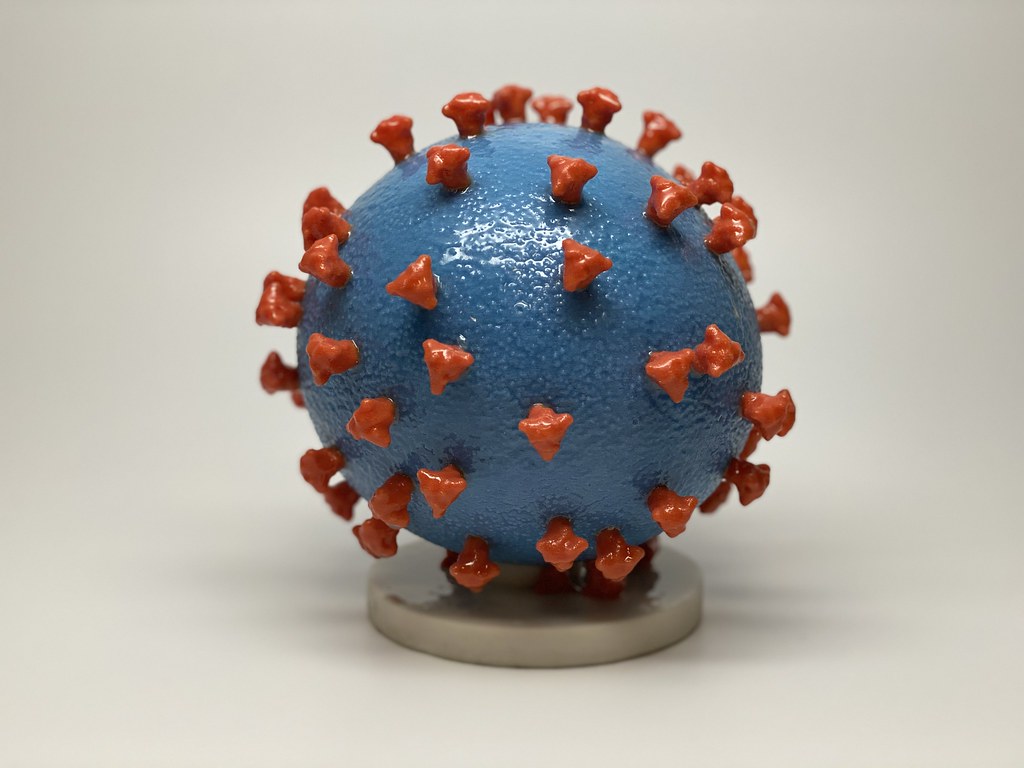Why are Covid-19 Vaccines Controversial?
Vaccines have been around for generations and have been used for the safety and protection of humankind. There has always been a small group of people that did not believe in vaccination. However, the Covid-19 vaccines have escalated the controversy around vaccines significantly and the debate has been going on since their introduction. What makes these vaccines controversial?

Vaccine History and Effectiveness
The first vaccine was created in 1796 when Edward Jenner used the cowpox virus to inoculate a boy against smallpox. A regular smallpox vaccine was created in 1798. Since then, vaccines for several other diseases have been created. In the United States, there are regular vaccines for 24 different human diseases, not counting the seasonal flu and Covid-19. According to the CDC website, these include the following.
- Adenovirus
- Anthrax
- Cholera
- Diptheria
- Hepatitis A
- Hepatitis B
- Haemophilus influenza type b (Hib)
- Human Papillomavirus (HPV)
- Japanese Encephalitis
- Measles
- Meningococcal
- Mumps
- Pertussis
- Pneumococcal
- Polio
- Rabies
- Rotavirus
- Rubella
- Shingles
- Smallpox
- Tetanus
- Tuberculosis
- Typhoid Fever
- Varicella (Chickenpox)
- Yellow Fever
Most vaccines are made with either inactivated (killed) or attenuated (weakened) versions of the virus, but there are several other types listed on the HHS website. Many vaccines require multiple doses and/or boosters to reach maximum effectiveness and/or maintain effectiveness.
- Messenger RNA (mRNA) is used for some of the Covid-19 vaccines. Since the mRNA only codes for part of the virus, it is not able to infect anyone.
- Subunit, recombinant, polysaccharide, and conjugate vaccines use a portion of the virus to sensitize the body. Since it is only part of the virus it is unable to infect anyone.
- Toxoid vaccines don’t use the actual virus, but a toxin produced by the virus so the immune response.
- Viral vector vaccines use other viruses to deliver a payload to start the immune response.
Scientists are also working with DNA and recombinant vector vaccines as potential types of faster, easier, cheaper, or more effective vaccines, although none have been approved for human use yet.
The Vaccine Controversies
The Organization of American Historians has a good article about historical anti-vaccination movements, which goes back to the early 1800s – shortly after the first vaccine was developed. This first movement had two parts. Since the smallpox vaccine was derived from cowpox rubbed directly into a cut, many people were hesitant to have something made from sick animals put into their bodies. Since the vaccine was so effective and smallpox was so deadly, it started to become mandatory – first in Europe and then in America, which led to the second part of the first antivaccine movement. Antivaccine societies formed in protest as they felt it infringed on personal liberties.
Since then, the antivaccine movement has waxed and waned as different vaccines were created. The polio vaccine faced very little opposition, but others like mumps initially faced more opposition including from some in the medical community since it was considered to be a fairly mild disease in children. The push for widespread mumps vaccinations did not occur until further research from the CDC showed that it was more severe, and immunizing generally for it would prevent severe complications, particularly in adults.
After World War II, several new vaccines were developed and added to the list of recommended or required ones for children to attend school. However, as the environmental movement grew concerns about pollution and authority morphed into concerns about what people were putting into their bodies – including vaccines. At the time, potential side effects and exact ingredients were not regularly disclosed, increasing the distrust in them – particularly after it was disclosed that different vaccines had forms of aluminum, mercury, and formaldehyde. Although this ultimately led to better communication and disclosures and more recent vaccines have changed ingredients, the distrust from this period still lingers.
In 1998 Andrew Wakefield, a British doctor, published a paper in The Lancet that showed a link between autism and the MMR vaccine. Although he later lost his medical license due to dishonesty and ethical failures and the paper was retracted, his report is still used by the modern anti-vaccination movement as a reason to avoid vaccines. Multiple research studies since then have shown no connection between any vaccines and autism.
The Covid Factor
The rise of Covid-19 at the end of 2019 started a new chapter in the anti-vaccination movement, but in a way, we have circled back to the original anti-vaccination movement.
Even though Covid-19 is highly contagious and can be spread by asymptomatic and pre-symptomatic people, there has been a lot of pushback over getting the vaccine. As of this writing, roughly 577 million vaccine doses have been given in America, but only 220 million people, or 2/3 of the population are fully vaccinated. A total of 78.3% of Americans have received at least one dose, but only 30.6% have received at least one booster, which is considered the most effective level of vaccination currently. Since the start of the pandemic, more than 1 million Americans have died.
The interesting difference with the Covid-19 anti-vaccination movement is how many people have been vaccinated against other diseases but are still hesitant about receiving the Covid-19 vaccination. This shows a general acceptance of vaccines, but much higher resistance to this particular one.
Here are the most commonly given reasons for refusing the Covid-19 vaccination.
- Personal choice
- Concerns over the short testing period
- Uncertainty over the safety of the vaccine
- The belief that Covid-19 is not severe enough to warrant vaccination
- Previously had Covid-19
- Distrust of vaccine ingredients
- Lack of trust in the effectiveness of the vaccine due to some people still getting infected/re-infected after vaccination
There is also a group that believes the vaccine is part of a conspiracy theory, but it is unclear how large this group is, so it is not included in the list of most common reasons. Regardless of the reasons given, the death rate in the unvaccinated population continues to be 2-3 times higher than the fully vaccinated population.
The Balance Between Public Health and Personal Choice
A balance must be struck between vaccine requirements and an individual’s freedoms. America has never had to institute a mandatory universal vaccination requirement, but multiple cities and regions have implemented vaccine requirements at different times as they deemed necessary. Although a vaccine was never mandated, these requirements kept unvaccinated people from effectively participating in society. Even today, all of the Covid-19 vaccine mandates have been from employers, which still leaves individuals a choice.
Fortunately, as additional Covid-19 variants have appeared we have seen two major trends. Even though each newer variant seems to be more contagious and has replaced the previous one over time, the symptoms have become generally less dangerous. Combined with the number of people vaccinated and those who previously had Covid-19, the percentage of people requiring hospitalization and the number of people dying from Covid-19 have both dropped significantly. As Covid-19 becomes endemic instead of a pandemic, the pressure to vaccinate everyone appears to be easing as well.
However, just because the urgency has decreased, does not mean the controversy has gone away. Unless something changes, these issues or similar ones will affect the next vaccine and pandemic.

Ultimately, the role of government is to balance the rights of the population. Although individual freedom and choices are important, sometimes they must bow to the greater good. Choices have consequences too. An individual should be free to make their own choices, but by doing so they must be willing to accept the consequences of that choice. If refusing to get vaccinated causes them to put other people at a higher risk, it should be reasonable for them to accept restrictions on where they can go and what they can do because of that choice. This protects their freedom to choose while protecting the rights of others not to be placed at higher risk without their consent.
Let me know your thoughts!


